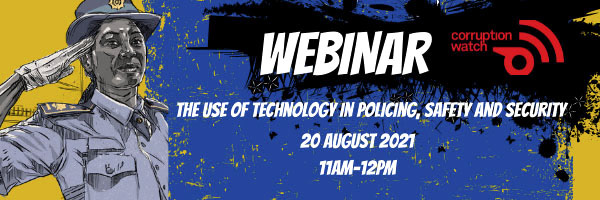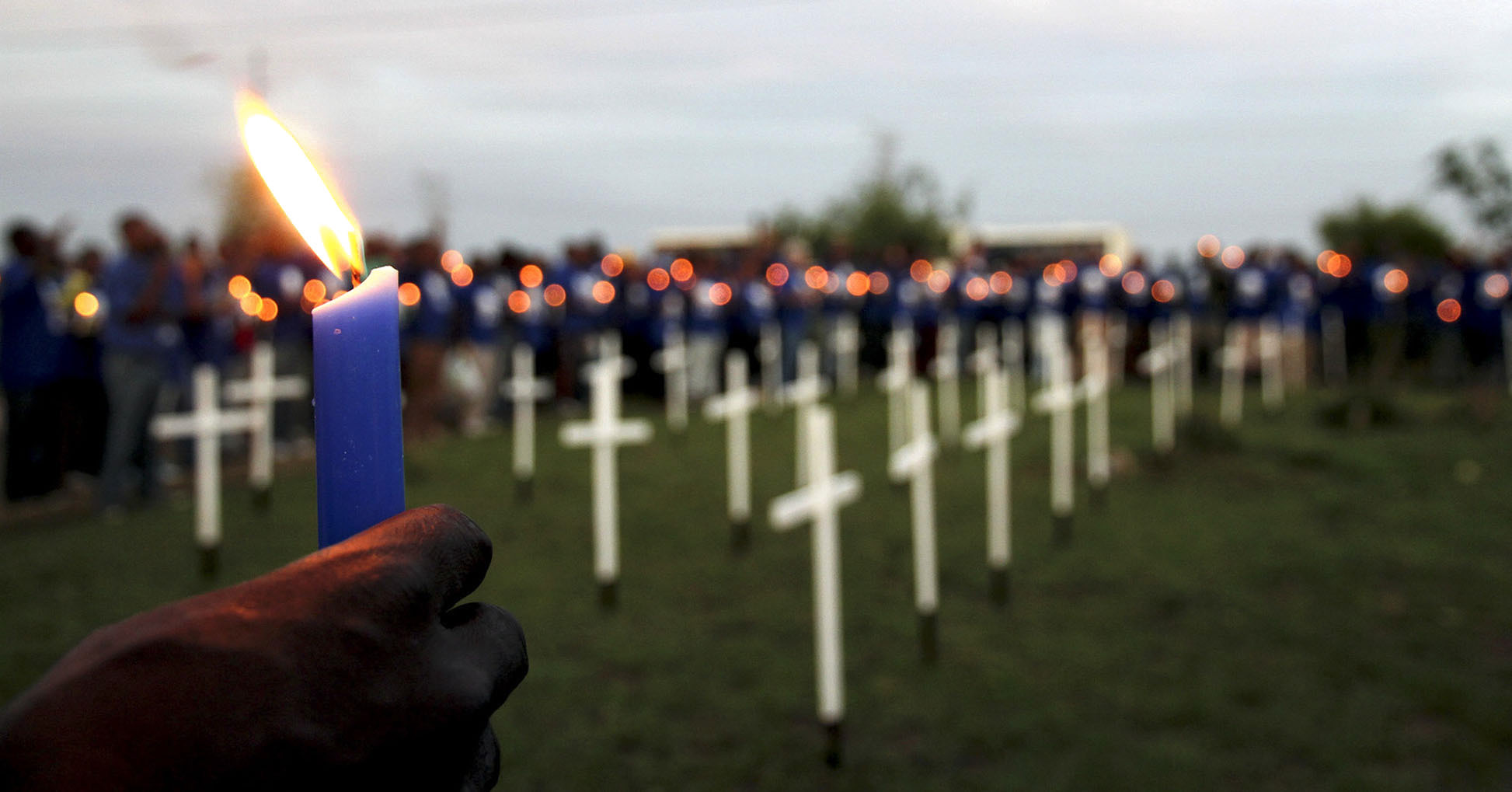Monday 16 August marks nine years since what has now become known as the Marikana Massacre where 34 miners were killed by the South African Police Services while striking for a monthly wage of R12,500 in 2012.

Also on Monday 16 August at 3pm the Ahmed Kathrada Foundation will be hosting a discussion titled “Social media narratives behind the failed insurrection”. The discussion will focus on the violence, looting and unrest that occured in KwaZulu-Natal and Gauteng in July 2021 as well as the resultant destruction of infrastructure and local businesses. You can join in here.
The 2021 SADC People’s Summit will be held in Lilongwe and virtually from Tuesday 17 August to 27 August under the theme “Elevate Justice and Inequality”. Session one will be on Tuesday and is titled “Covid-19 and its impact on food security, rising food prices, growing poverty and hunger”. You can register to attend the summit here.
On Wednesday 18 August at 3pm, the Centre for Human Rights will host the virtual book launch of “Advancing Sexual and Reproductive Health and Rights in Africa: Constraints and Opportunities”. The speakers will be Prof Frans Viljoen, Director of the Centre for Human Rights at the University of Pretoria; Dr Tlaleng Mofokeng — UN Special Rapporteur on the right of everyone to the enjoyment of the highest attainable standard of physical and mental health; Prof Joy Ngozi Ezeilo a Professor in the Faculty of Law at the University of Nigeria; former UN Special Rapporteur on trafficking in persons, especially women and children, Gladys Mirugi-Mukundi — a Researcher from the Socio-Economic Rights Project Dullah Omar Institute at the University of the Western Cape; Dr Satang Nabaneh, a postdoctoral fellow from the Centre for Human Rights at the University of Pretoria and Dr Godfrey Kangaude a postdoctoral fellow from Rhodes University. You can register for the event here.
Also on Wednesday at 8am, Corruption Watch will be launching its third sectoral report titled “South Africa needs clean hands” which focuses on corruption in local government. The report highlights how municipal managers have abused their power, and how procurement irregularities have diverted resources for essential services, resulting in communities being deprived of basic human rights and services.
On Thursday 19 August the ICESCR Civil Society Coalition Campaign, which is made up of civil society organisations the Dullah Omar Institute; Socio-Economic Rights Institute; Black Sash; Studies in Poverty and Inequality Institute and People’s Health Movement South Africa, will be hosting a panel discussion titled “The Right to Health and Equitable Access to Covid-19 Health Technologies”. The panellists are Candice Sehoma from Médecins Sans Frontières (MSF), Prof Rodrigo Uprimny from the National University of Columbia and Member of the Committee on Economic, Social and Cultural Rights and Prof Yousuf Abdoola Vawda from the University of KwaZulu-Natal. You can register to attend here.

Friday 20 August from 11am to 12pm, Corruption Watch will host a discussion on the use of technology in policing, safety and security. The speakers will be Elmarie Pereira from Memeza, Mothupi Mafologela from the Civilian Secretariat of Police, while the discussion will be moderated by Melusi Ncala from Corruption Watch. You can register for the discussion here. DM/MC
South Africa
This week: Nine years after 34 miners were killed at Marikana, South Africa continues to mourn





